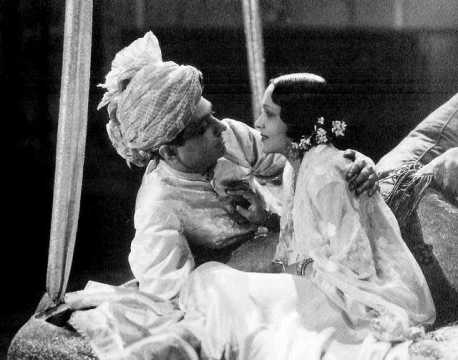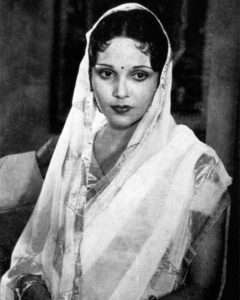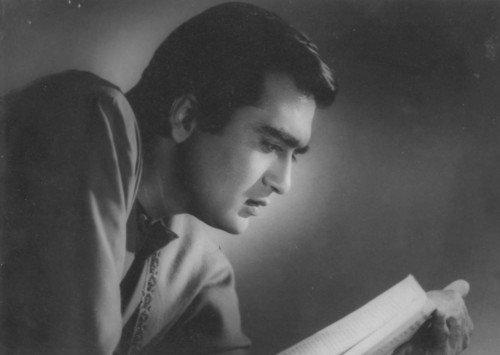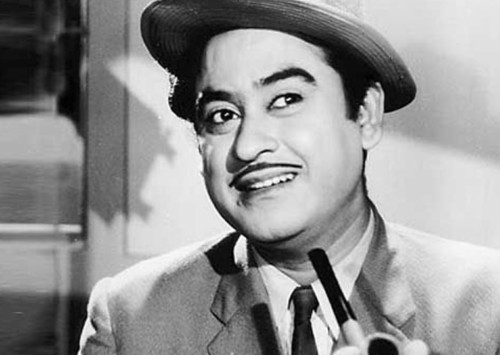Devika Rani, the first lady of Indian cinema
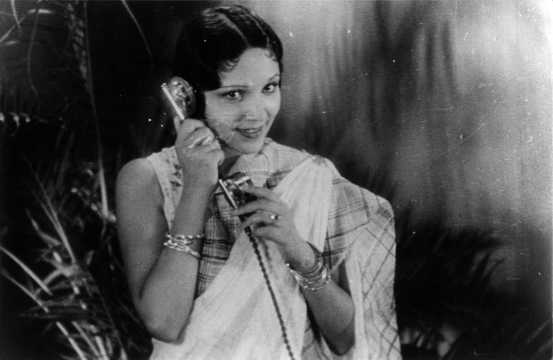
First of lady cinema, Devika Rani chose bold scripts that challenged patriarchy and crippling hypocrisy of Indian society
Devika Rani, the damsel who made her debut on the Indian silver screen in 1933, was known for boldness and a knack for perfection. The legendary actress shook the Indian cinema with her films that challenged patriarchy and the cringing hypocrisy of the society.
It was a fine evening in 1933. The single screen theaters were thronged with lines of cinema lovers, discussing the film that had created quite a buff. Though Indian films had been entertaining audience for two decades now, this film featured a London returned Indian actress who locked lips with his husband on the silver screen, a scene alien to the Indian cinema until now. Yes, we are talking about Devika Rani’s 1933 Karma film. Breaking the shackles of society, Devika Rani brought a wave of revolution in Indian cinema. At the time when women were buried under the weight of patriarchy, occupied with household chores, Rani not only decided to pursue her love for acting, but also took care of certain technical aspects of filming that she had learnt and chose bold scripts that spoke about the crippling hypocrisy of the Indian society.
A free-spirited soul
Born in an influential and progressive Bengali family, Rani, the granddaughter of Rabindra Nath Tagore, decided to follow her passion for acting and accepted the scholarship from United Kingdom’s Royal Academy of Dramatic Arts. Here she learnt and worked upon costume designing and art direction. It was here that she met her future husband Himanshu Rai. The two had worked on a silent film ‘A Throw of Dice’ together in 1928 which received huge appreciation from the critics. Rani had fallen for Rai, and the two tied the knot the following year.
Motivated by the appreciation their first project received, the two decided to receive a formal training in film making from Germany’s UFA Studios. Rai and Rani decided to jointly work on their next bilingual film Karma (1933) along with the famous German director JL Freer Hunt. The film was a joint production of India, Germany and the United Kingdom.
Even though the powerful love story packed with elements of drama, gathered appreciation abroad, the film was highly criticized and condemned in India due to its four minute long kissing scene.
Unaffected by the hatred they had attracted from the conservative Indian society of the 1930s, the power couple set up India’s first self-contained film studio, Bombay Talkies in 1934. The studio released its first film Jawani Ki Hawa (1935), a crime thriller starring Rani and Najm-ul-Hassan, after which there was no turning back.
“Devika was actively involved in many aspects of the production process including recruiting musicians, singers and actors for their films as well as taking decisions on costume design and the studio’s publicity,” wrote film-maker Cary Sawhney. She was known in the industry for her knack for perfection. She would never restrict herself to the job she had been roped in for, but would take care of other aspects too, if she could.
When she lost her husband, Rani solely took all the responsibilities of the studio in 1940.
Bidding farewell to the silver screen
Devika Rani had worked in more than 15 films over a period of a decade, many of which spoke of the status of women in the society. However, following a business dispute in 1945, the diva decided to quit the industry altogether. She married the legendary Russian artist Nicholas Roerich’s son Svetoslav Roerich and settled with him in the beautiful valleys of Kullu, Himachal Pradesh. “She was an intelligent, down-to-earth businesswoman with an eye for talent, and a survivor,” says Kishwar Desai, who wrote a book on the legend.
Indian cinema will never forget the contributions of Devika Rani, who revolutionized the course of the Indian film industry. Not only did she re-define the standards of acting in India, but also left a deep impact on the audience with her challenging roles. The legend rightly became the first Indian to be honored with Dadasaheb Phalke Award in 1970. Her contributions were also recognized with a Padma Shri (1958) and Soviet Land Nehru Award (1990).

